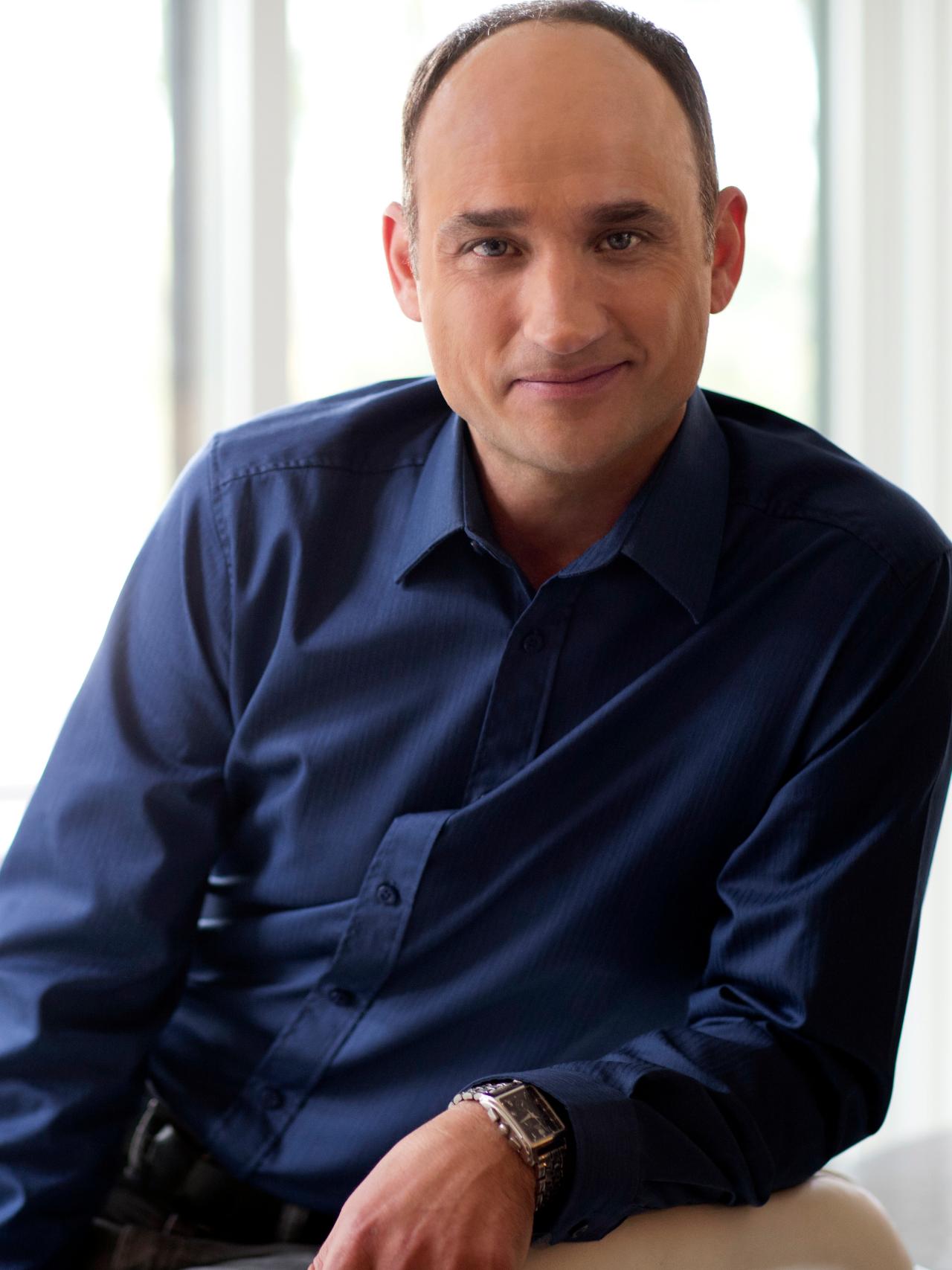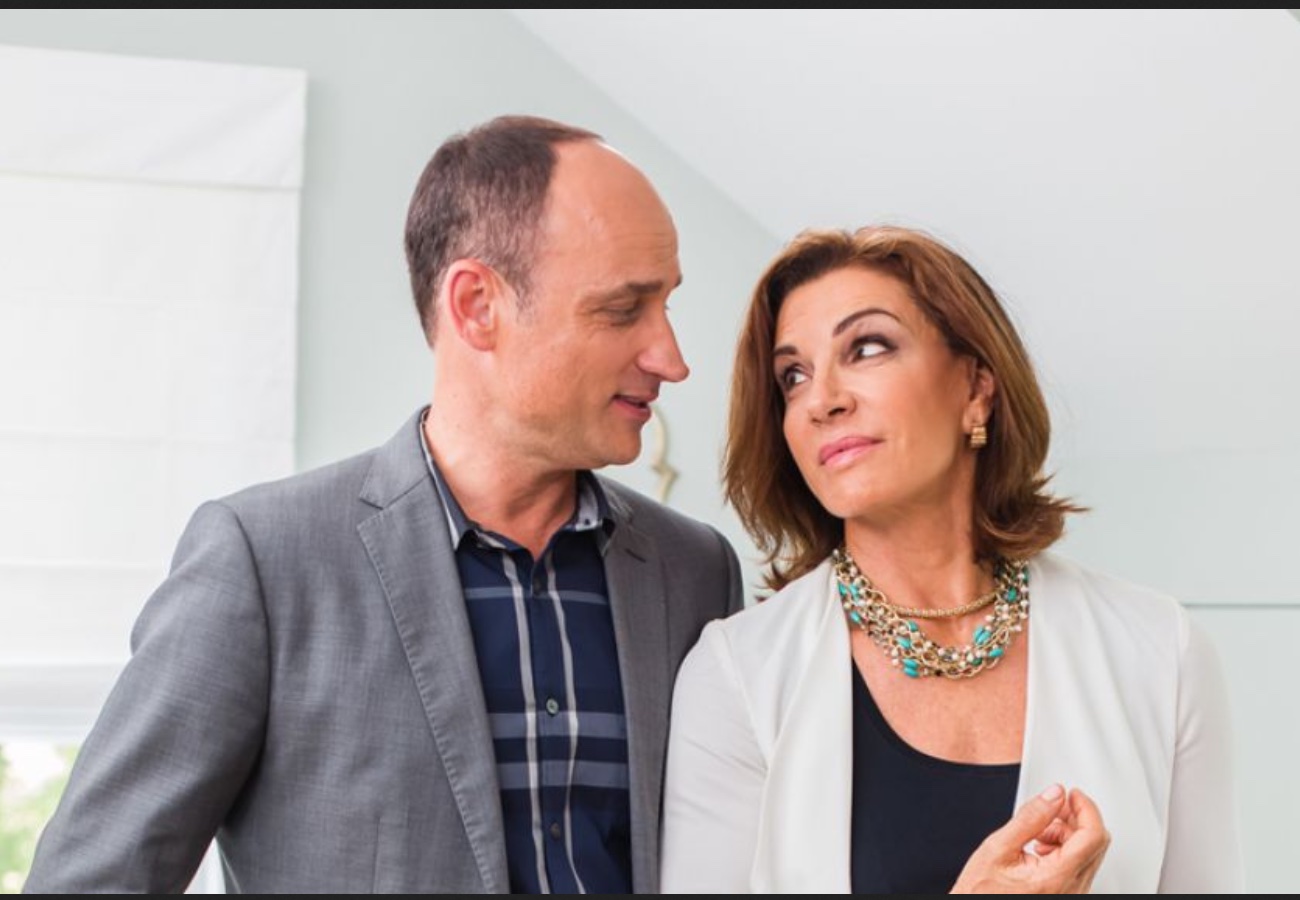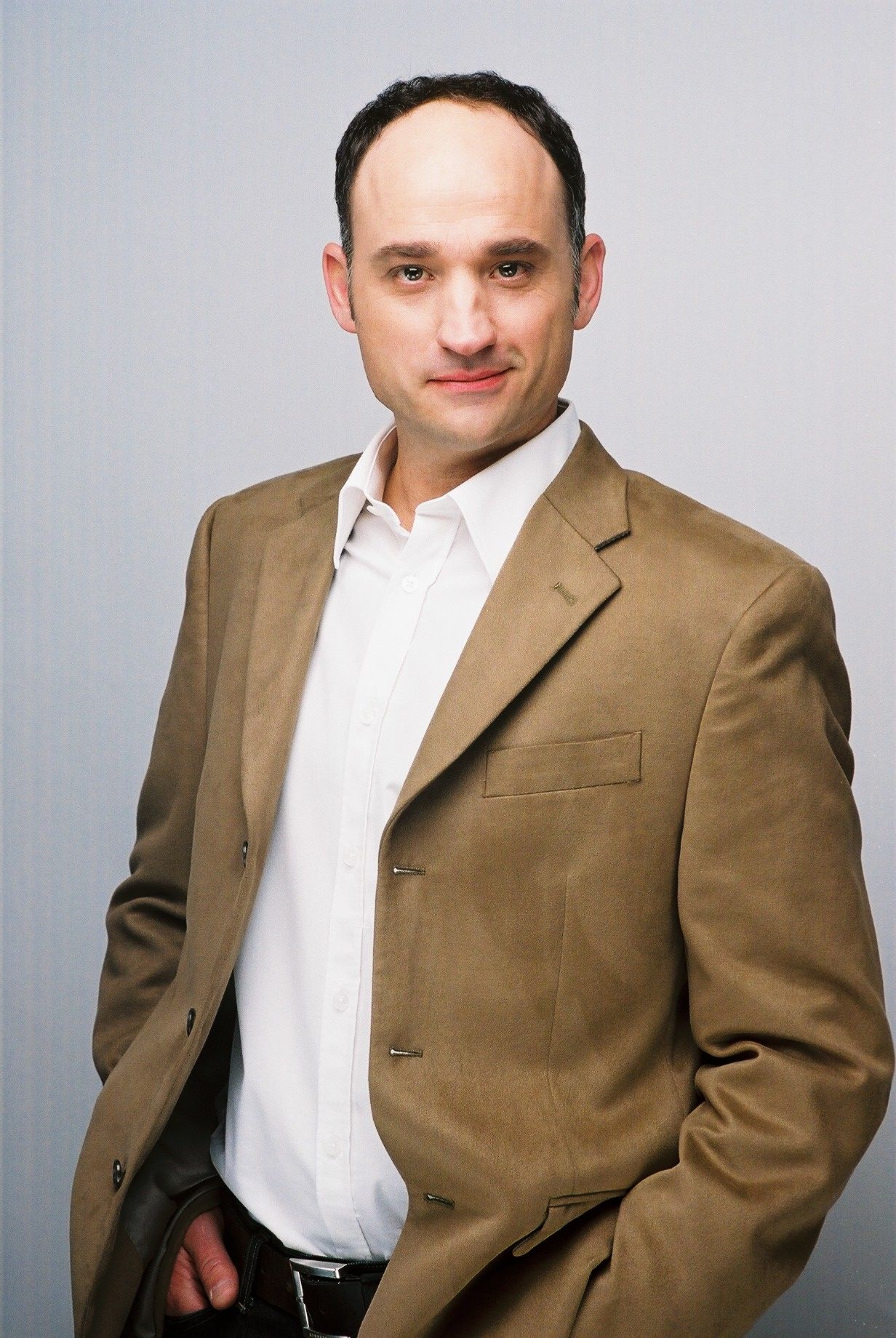Many folks, you know, often find themselves curious about the personal lives of people they see on screen, like, say, David Visentin. It's a pretty common thing, actually, to wonder about what goes on behind the scenes, or what someone's life might be like away from the cameras. And, as a matter of fact, when that curiosity turns into a question, like, "Does David Visentin have a wife?", we're not just asking about a person; we're also, in a way, touching on a really interesting part of how we put our thoughts into words, especially with those small but mighty helper words.
That particular question, "Does David Visentin have a wife?", it really brings into focus a word that many of us use every single day without much thought: 'does'. This word, you see, it's a present tense form of the verb 'do', and it's a word that, quite frankly, carries a fair bit of weight in how we ask things or even how we state facts. It's almost like a little linguistic cornerstone, helping sentences stand up straight, you know?
So, instead of trying to figure out what someone's personal life might be, which isn't something we have information on here, we can, you know, take a moment to appreciate the structure of the question itself. We can, perhaps, get a bit of a clearer picture of how 'does' works in our language. It’s pretty neat, honestly, how these simple words can, sort of, shape our communication, and we can, basically, look at the nuts and bolts of it right now.
- Lara Rose Leaks Erome
- Pathivara Temple Opening Hours
- Creator Dashboard Roblox Studio
- Danica Mckellar Children
- Terrel Williams Now
Table of Contents
- The "Life" of 'Does' - A Linguistic Journey
- Personal Details and Usage Notes for 'Does'
- Does David Visentin Have a Wife- Breaking Down the Question
- When Does 'Does' Make an Appearance- Singular Subjects and More
- How Does 'Does' Function- Action or Auxiliary?
- Understanding 'Do' and 'Does'- A Simple Guide
- Why Does Correct Usage Matter- Clarity in Communication
- What's the Difference Between 'Do' and 'Does'- A Quick Look
The "Life" of 'Does' - A Linguistic Journey
Every single word in our spoken and written communication, you know, has its own kind of story, a sort of background that shapes how we use it. The word 'does', for instance, it's not just a collection of letters; it’s actually a very active participant in our daily conversations and writings. It's a part of the verb 'do', which, you know, has been around for a very, very long time in the English language, changing and adapting as speech patterns shift. So, in a way, 'does' has had quite the linguistic journey, coming from older forms of English to its current spot in our sentences, helping us ask questions or make statements about singular things or people. It's a pretty central piece of how we express actions and states of being, particularly when we're talking about someone or something specific, you know, like 'he' or 'she' or 'it'.
This particular word, 'does', has, as a matter of fact, a rather interesting role because it’s tied to the present moment. When you use it, you're usually talking about something that is happening right now, or something that happens regularly. It’s not about the past or the future, but what's current, which is, honestly, a pretty straightforward job for a word to have. But, you know, its simplicity in form hides a bit of a complex job in terms of how it helps structure our sentences, especially when we’re trying to figure out information, or, perhaps, just share a bit of an observation. It’s a word that really, truly, carries a lot of weight in keeping our grammar, like, on the right track, and it’s been doing that job for ages, really.
Personal Details and Usage Notes for 'Does'
When we think about the "personal details" of a word, we're really considering its core characteristics and how it behaves in different situations. For 'does', its background, you know, is quite rooted in the idea of action or state. It’s a word that, basically, gets things done in a sentence. It’s the third-person singular form of 'do' in the present tense, which means it shows up when you’re talking about one person or thing doing something. You know, like when you say, "He does the work," or "The machine does the job." It’s pretty specific about who it partners with in a sentence, and that’s a key part of its identity, actually. This word, you see, it’s got a very clear set of rules it follows, making it, in some respects, a rather predictable little piece of our language.
- Pathivara Temples Significance
- Somali Hub Telegram
- Klonoaphantasy Erome
- Monitoring
- Chatgpt Plus Subscription Iran How To Get
This word, 'does', also has some interesting usage notes, as a matter of fact. It can be a main verb, showing the action itself, or it can be a helper verb, assisting another verb in a question or a negative statement. It’s kind of versatile in that way, you know? And, surprisingly, there are even instances where the word 'does' looks the same on paper but can sound a little different and mean something else entirely, which is a pretty cool linguistic quirk. This is a word that, you know, has a certain kind of flexibility while still sticking to its main job of helping us talk about singular subjects in the present. So, it's got a few tricks up its sleeve, but its core purpose remains pretty consistent, basically.
| Aspect | Detail |
|---|---|
| Word Type | Verb (present tense form of 'do') |
| Primary Use | Third-person singular subject (he, she, it, a single person/thing) |
| Function | Can act as a main verb or an auxiliary (helper) verb |
| Pronunciation Notes |
- Openai Chatgpt Plus Payment Iran
- Distance From Iran To Israel
- Tv Shows With Sebastián Rulli
- Buy Chatgpt Plus From Iran
- How To Subscribe Chatgpt Plus Iran Payment



